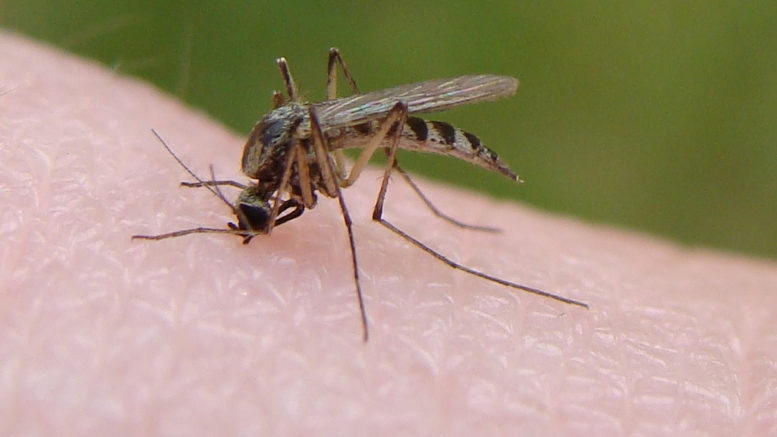The Central Coast Local Health District’s Public Health Unit is encouraging residents to take precautions against mosquito bites, with concerns that an influx of the pests could lead to the spread of disease.
Acting Public Health Director, Dr Katherine Todd, said the number of mosquitoes in coastal areas had increased following recent rainfall, flooding and high tides on the Central Coast.
“Mosquitoes that breed in flooded, grassy, swampy areas and waterways in NSW can transmit Ross River virus and Barmah Forest virus,” Dr Todd said.
“There is no specific treatment for these viruses, so the best way to avoid infection is to avoid being bitten.
To reduce mosquito breeding sites around the home, you can clean up your yard and remove all water holding rubbish and containers that hold water.”
Further steps to avoid being bitten by mosquitoes include: When outside, cover up as much as possible with light coloured, loose fitting clothing and covered footwear; Use an effective repellent on all exposed skin and re-apply within a few hours, as protection wears off with perspiration.
The best mosquito repellents contain Diethyl Toluamide (DEET) or Picaridin.
Repellents containing oil of lemon also provide adequate protection.
Light mosquito coils or use vaporising mats indoors.
Keep in mind that devices that use light to attract and electrocute insects are not effective.
When camping, use flyscreens on caravans and tents, or sleep under mosquito nets.
Source:
Media release, Feb 27
Central Coast Health


